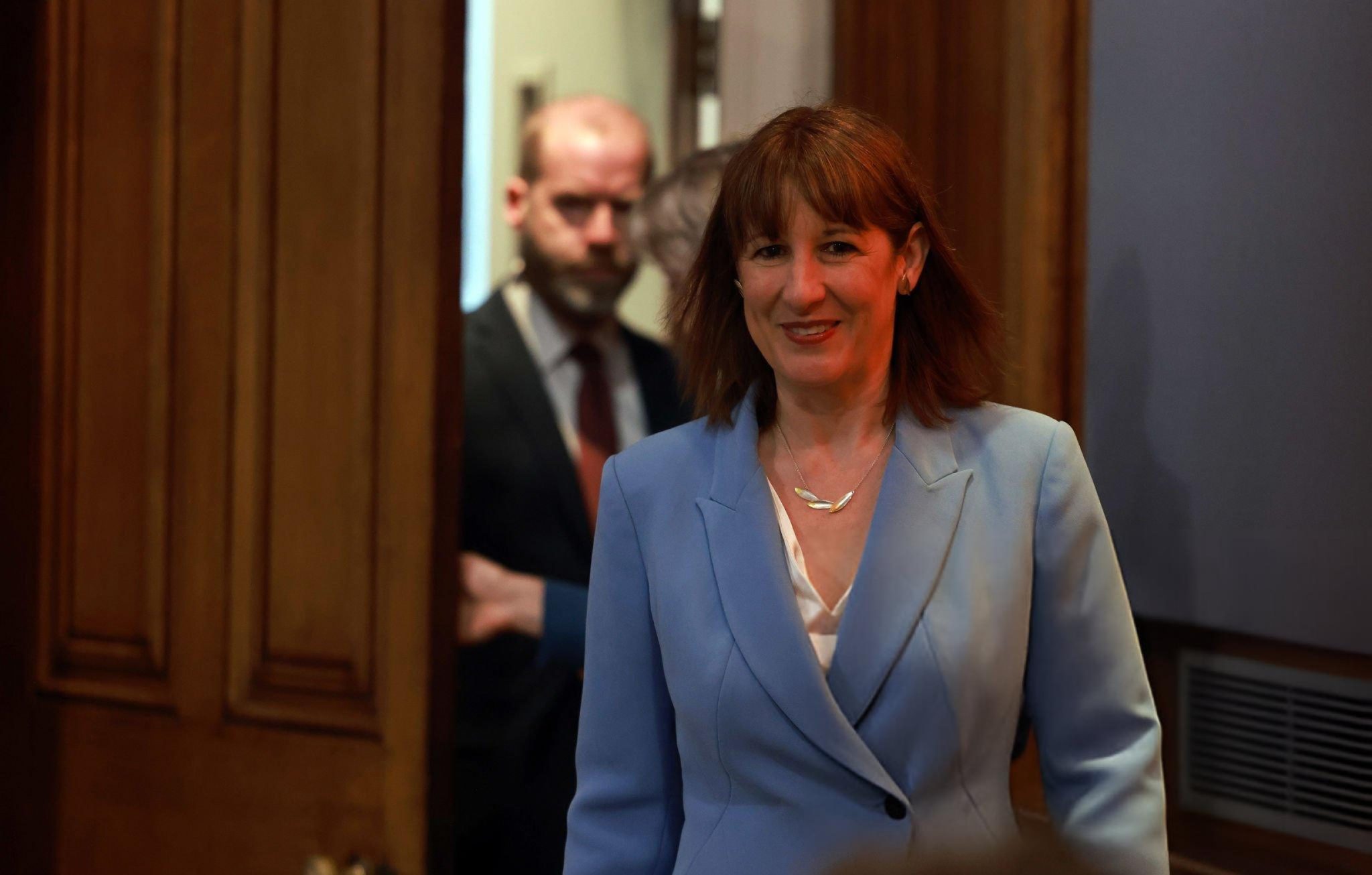Pension savings ‘At risk’ due to Reeves’s plans for UK investment, experts warn
The Chancellor’s ambitious plans to channel pension savings into British businesses and infrastructure could place retirement funds at risk, financial experts have cautioned.
On Tuesday, 17 of the UK’s leading pension funds and investment firms, including Aviva, Legal & General, and M&G, agreed to allocate up to 10 per cent of their portfolios into infrastructure, property, and private equity investments by the end of the decade. Crucially, half of this investment will be directed specifically towards UK assets, as part of the Government’s Mansion House Accord, which aims to stimulate economic growth and finance vital public projects.
Tens of millions of pension savers are now poised to see a greater portion of their retirement pots invested in riskier, albeit potentially higher-yielding, assets such as early-stage companies, green technology ventures, and private equity, alongside more traditional holdings like stocks and bonds.
Chancellor Rachel Reeves hailed the agreement as a “bold step” that would help deliver economic growth and provide working people with enhanced financial security in their later years. She argued the strategy would unlock new capital to power the UK’s transition to net-zero and stimulate innovation across industries.
However, the plans have sparked significant criticism within the pensions sector. Some experts fear that political pressure is overtaking prudent financial decision-making, potentially compromising the long-term interests of savers.
One of the country’s largest pension providers, Scottish Widows, notably refused to sign the Mansion House Accord. Its chief executive, Chirantan Barua, made clear that their reluctance was rooted in the mandate’s insistence on favouring British assets over global opportunities.
“Our investment decisions will continue to be guided solely by the potential to generate strong, risk-adjusted returns for our members, regardless of geography,” Barua said. “We will always support our communities when such investments make financial sense, but pension funds must not become vehicles for regional economic policy.”
Industry figures have echoed these concerns. Rachel Vahey, head of public policy at AJ Bell, warned that while the Chancellor is hoping to create a “life raft” for the UK’s shaky public finances, savers’ retirement goals could be sidelined.
“Trustees’ core duty is to ensure pension money is invested in the best interests of savers,” Vahey remarked. “Yet by signing up to this accord, there is a danger trustees are no longer operating independently. The focus risks shifting from what is best for the saver to what is best for Government finances.”
Vahey further questioned why a new accord was even necessary if investing in private equity and infrastructure is indeed the most effective way to grow pensions.
Lisa Picardo, chief business officer UK at pensions platform PensionBee, stressed that investment strategies should always be guided by “long-term value, transparency, and suitability”—not by political influence.
Picardo noted the willingness of many funds to explore private markets but cautioned against any moves towards compulsion. “If these asset classes truly offer compelling returns with adequate liquidity, capital will naturally flow to them,” she said. “But the prospect of the Government forcing schemes to invest in illiquid and often opaque private markets is deeply concerning.”
Jason Hollands, managing director at Evelyn Partners, also pointed to historical context, reminding that the strong private market returns of recent decades were underpinned by an era of ultra-low interest rates, which has now ended.
“Investments in infrastructure and private equity can lock up capital for long periods and cannot be easily converted to cash,” Hollands said. “This is not without significant risk, especially if these investments are politically motivated rather than driven by market fundamentals.”
He further expressed fears that the Government’s approach resembles “wielding a stick rather than offering a carrot,” with reports indicating pension firms may have been pressured into the voluntary accord to avoid mandatory requirements.
“While boosting economic growth is an admirable policy aim,” Hollands warned, “the overriding duty of pension schemes must remain to deliver secure, risk-adjusted returns for their members—not to act as instruments of domestic policy.”






